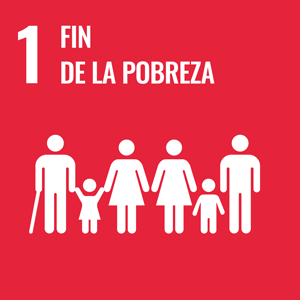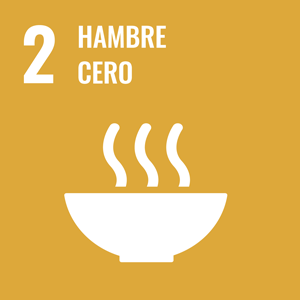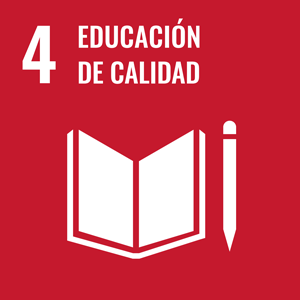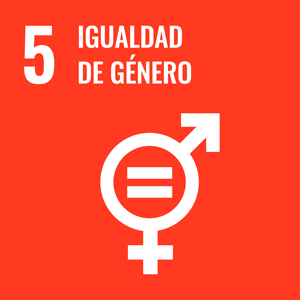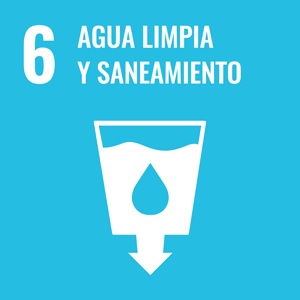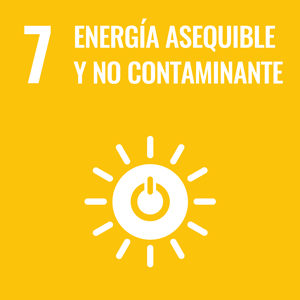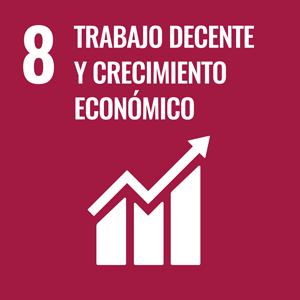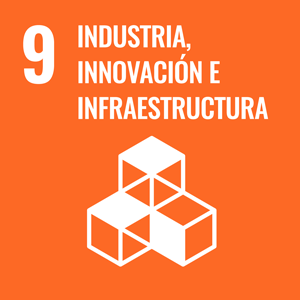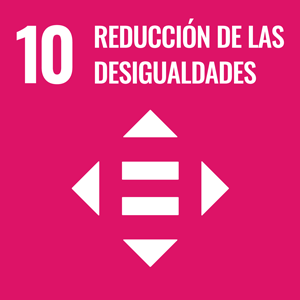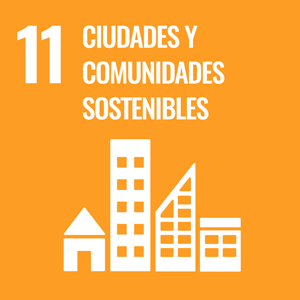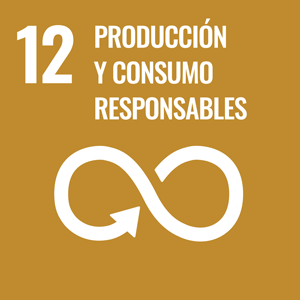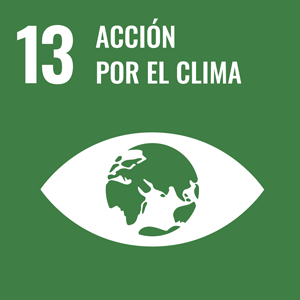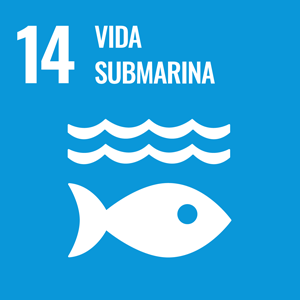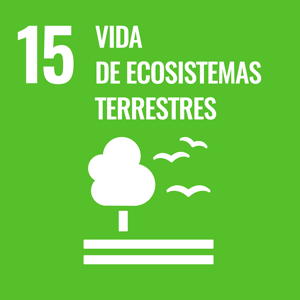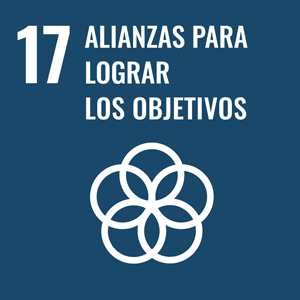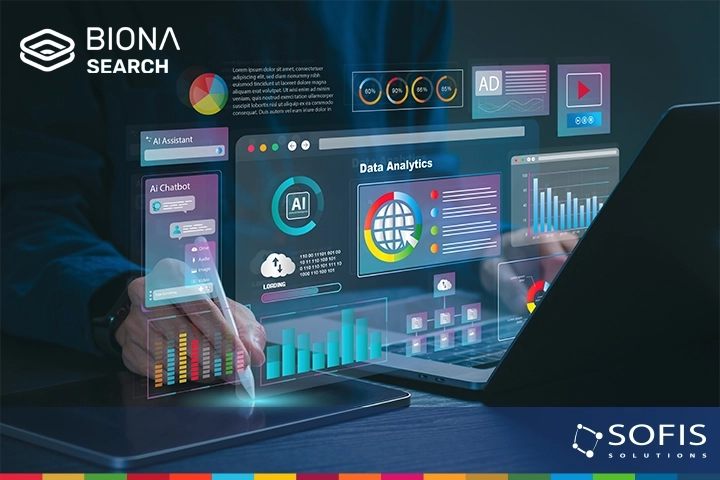-
Who we are
-
-
StrategyMission
Improving people's quality of life through the digital transformation of organizations and technological inclusion.
VisionTo be one of the most innovative digital leaders in Latin America.
Learn moreValues- Ethics and transparency
- Professionalism
- Respect
- Honesty
- Innovation
- Responsibility
- Effectiveness
- Integrity
- Customer orientation
- Punctuality
-
-
-
History
Sofis Solutions was born in 2005, in the city of Montevideo - Uruguay.
Since its inception, the main driver was and remains quality. This applies to processes, products, and relationships with the environment.The internationalization of the company It was one of the founding objectives. In the first stage, it expanded from Uruguay, and in the second stage, it opened offices in Latin American countries. Currently, it has offices in Montevideo, Panama, El Salvador and Ecuador.
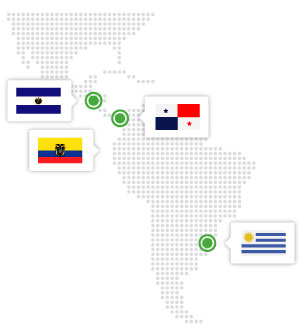
-
-
-
Alliances




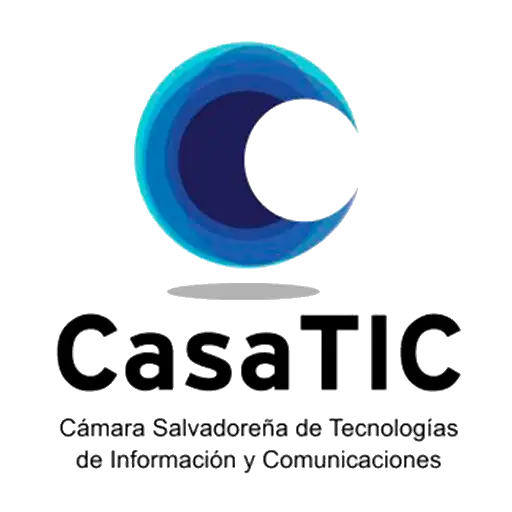


-
-
-
Certifications

CMMI-DEV-3
More informationNational Quality Award
More informationISO 9001:2015
Quality Management SystemISO 37001:2016
Anti-Bribery Management SystemISO 14001:2015
Environmental Management System
-
-
-
SustainabilityLearn more
Sofis Solutions integrates environmental, social, and governance (ESG) principles into its management and operations, driving sustainability through Digital Transformation. Its strategic approach prioritizes energy efficiency, digital inclusion, and transparency in digital governance, contributing to the responsible development of organizations.

-
-
-
What we do
-
-
IT projectsLearn moreAt our Software Factory, we specialize in providing software development solutions with a focus on excellence and sustainability.
-
-
-
Software qualityOur software quality services comprehensively address the aspects or dimensions of software quality, addressing this approach throughout the entire software development cycle.
- Manual and automated functional suitability testing
- Performance testing
- Software product quality
- Software quality consulting
Learn more
-
-
-
Staff AugmentationLearn moreWhat is IT Staff Augmentation? IT Staff Augmentation is a specialized technical staffing model that enables organizations to increase their agility and respond to the changing technological needs of the market.
-
-
-
ConsultancyIn the public sector, strategic decisions and projects with citizen-centered designs and excellence have the power to transform entire communities.Learn more
-
-
-
BIonA SuiteBIonA Suite is a comprehensive platform for the intelligent management of processes and services in public and private organizations. BIonA Suite facilitates smart transformation with a focus on public value and user experience. Learn more
-
-
-
Projects
-
-
Recent projects
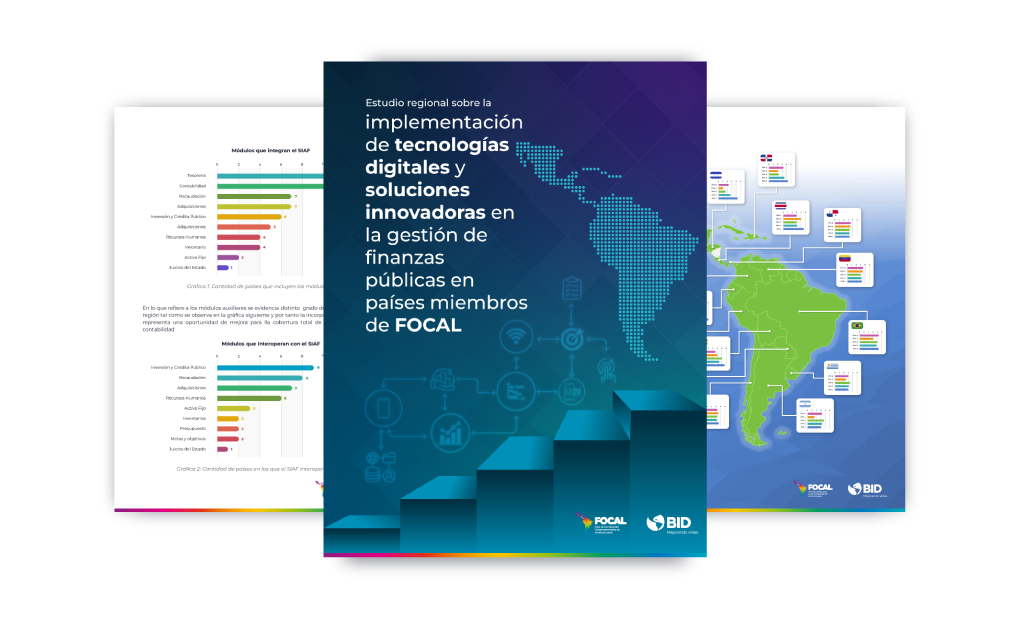 FOCAL Regional StudyFOCAL - El Salvador
FOCAL Regional StudyFOCAL - El Salvador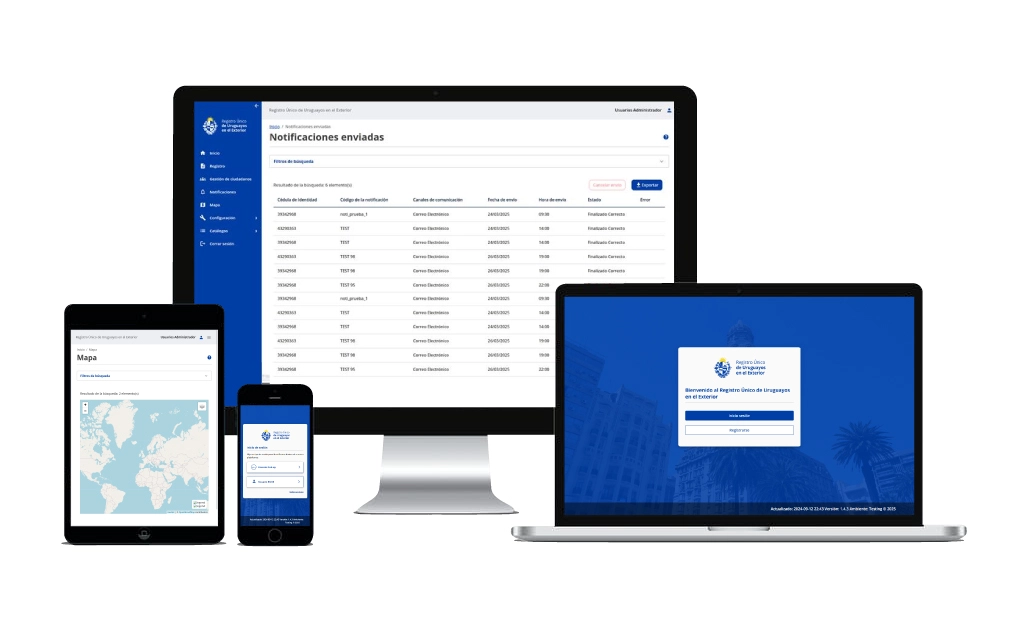 Single Registry of Uruguayans AbroadMinistry of Foreign Affairs - Uruguay
Single Registry of Uruguayans AbroadMinistry of Foreign Affairs - Uruguay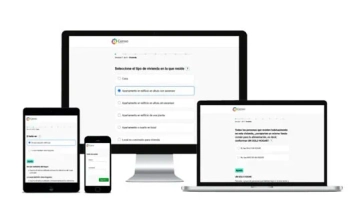 Population and Housing Census 2023National Institute of Statistics - Uruguay
Population and Housing Census 2023National Institute of Statistics - Uruguay
-
-
-
Digital Public InfrastructureWhat are Digital Public Platforms?ProjectsProducts
-
-
-
-
Mobile applicationsWe create hybrid, native, and PWA solutions for devices with Android and iOS operating systems.
Some of our projects:Digital Patrols, Ecuadorian Bovine Information System, Easy Budget UY, Digital Portfolio, SIGES Teachers App, SIGES Parents App.
Learn more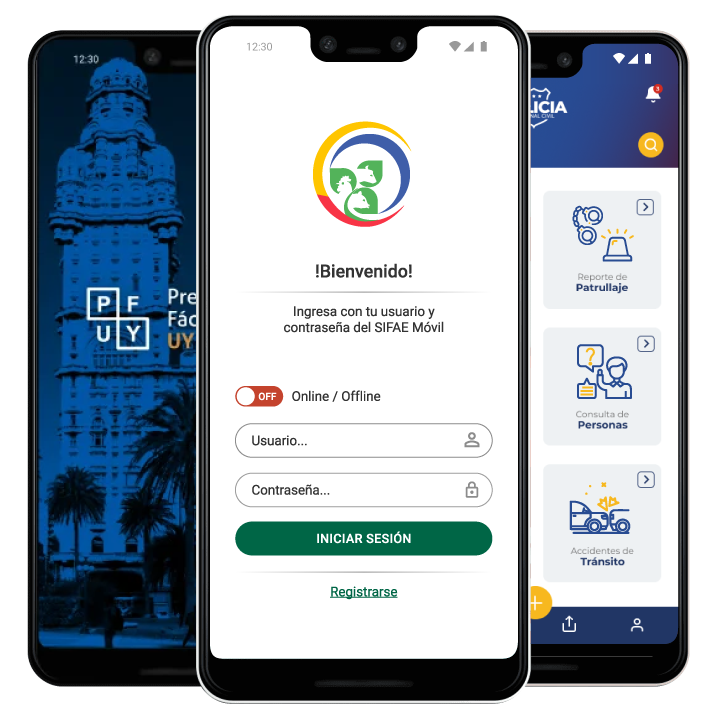
-
-
-
FOCAL regional studyThe purpose of the study was to carry out a regional analysis with the objective of identifying and evaluating the maturity level of the member countries of the Latin American Government Accounting Forum (FOCAL), currently composed of Argentina, Bolivia, Brazil, Chile, Colombia, Costa Rica, Ecuador, El Salvador, Guatemala, Honduras, Mexico, Nicaragua, Panama, Paraguay, Peru, Dominican Republic, Uruguay and Venezuela.Learn more

-
-
- AI
-
-
Artificial IntelligenceLearn moreAdvanced Artificial Intelligence (AI) and Big Data solutions that transform the way organizations make decisions and optimize their operations. We specialize in the development of intelligent autonomous agents and generative AI solutions using large language models (LLMs), both on local infrastructure and in the cloud.
-
- Press Room
-
-
Sustainable development
-
-
-
Events
 07/08/2025CAROSAI, Audit and Digital Transformation
07/08/2025CAROSAI, Audit and Digital Transformation
-
-
-
Interviews
 16/06/2025Virtual Threads in Java
16/06/2025Virtual Threads in Java
-
- Innovation
-
-
#GreenSofisMore information
Methodology
#GreenSofisSustainable Digital Transformation Conference
#GreenPath
-
-
-
AI For Everything
It is an initiative by Sofis Solutions, from the Intelligent Solutions Division, that promotes the adoption of artificial intelligence as a key driver of efficiency and effectiveness in the intelligent era.
It integrates both administrative and operational processes, promoting an organizational evolution where technology amplifies knowledge, optimizes decision-making, and generates value in a sustainable and inclusive way.
More information
-
- Contact us
- ES
-
 Beneficiary: General Directorate of the Civil Registry
From 2020 to 2022
Country: Uruguay
Beneficiary: General Directorate of the Civil Registry
From 2020 to 2022
Country: Uruguay
Digital Civil Registry
The project for the interconnection and modernization of civil registration, identity, and vital statistics processes aims to interconnect and modernize the processes of civil identification, civil status registration, and the generation of base information for vital statistics by strengthening institutions (interconnection between the Ministry of Public Health (MSP), National Civil Identification Directorate (DNIC), and the General Directorate of Civil Status Registry (DGREC)) and the electronic issuance of new certificates, indexing, and digitization of existing records.
This project corresponds to the Civil Status Registry Management System (SGREC), which consists of automating the processes related to the registration of acts and facts linked to the civil status of individuals and the issuance of certificate copies. The system includes interconnection with other systems through the Electronic Government Platform. The project scope includes system development and infrastructure management (communications, security, backup, among others).
Additionally, within the project, the SGREC Web (Digital Certificates on the Internet) was implemented, whose objective is to simplify the procedure for requesting and issuing birth, acknowledgment, marriage, divorce abroad, and death certificates. The incorporation of this system allows citizens to obtain certificates easily, quickly, simply, and free of charge in digital format, which have the same validity as paper-format certificates. During the document issuance process, the citizen can directly download the certificate from any device or request that the document be sent to their email account.
The validity of each document is based on the digital signature, which guarantees the legitimacy of the document issuance and leaves a record of the issuer. Additionally, it certifies that the document has not been altered by external agents outside the civil registry.
 Beneficiary: ALADI
From 2015 to 2022
Country: Uruguay
Beneficiary: ALADI
From 2015 to 2022
Country: Uruguay
Digital Certificates of Origin
The Digital Certificate of Origin (COD) within the ALADI framework consists of a set of specifications, standards, and technical procedures that form the basis of an IT infrastructure, composed of applications and electronic documents, which enables the recognition of CODs within ALADI.
This project aimed to continue the process initiated with the development and implementation of a Digital Certificate of Origin System (SCOD) in order to strengthen, improve, and technologically optimize the system’s functionalities in the operation of digital certificate of origin for member countries, through a service of technical excellence with the required level of quality, security, and availability.
The scope of the project included the analysis and redesign of the SCOD, preparation of associated documentation, user training, technical assistance, and evolutionary maintenance of the system.
 Beneficiary: Ministry of Education, Science and Technology
From 2020 to 2022
Country: El Salvador
Beneficiary: Ministry of Education, Science and Technology
From 2020 to 2022
Country: El Salvador
Educational Geographic Information System - El Salvador
It includes the georeferencing of educational centers and allows citizens to search for them using different criteria.
The SIGES consultancy consisted of building an information system that centralizes student data at the national level and includes information on students from Early Childhood Education to Secondary Education in its various service modalities. This system was developed by the Ministry of Education of El Salvador and benefits both the educational community and the general public.
SIGES is composed of 8 interoperable modules: Students, Educational Centers, Educational Site Staff, School Documentation, Educational Statistics, Integrated Systems, School Finances, and Management Information System.
Additionally, tools were developed and implemented to benefit the national education system, including:
- Launch of 2 mobile applications (for teachers and family guardians)
- Enablement of online procedures
- Incorporation of 4 Public Portals (Educational Sites Portal, Educational Sites Map, Open Data Portal, and Educational Statistics Portal)
- Incorporation of verifiable QR codes for Secondary Education diplomas.
- Incorporation of Simple Electronic Signature.
The system has implemented interoperability mechanisms through Tenoli (the interoperability solution based on X-Road).
 Beneficiary: Estado Uruguayo
From 2015 to 2020
Country: Uruguay
Beneficiary: Estado Uruguayo
From 2015 to 2020
Country: Uruguay
Citizen viewpoint
This project aims to make transparent the information about the projects and works carried out by the Uruguayan State. This system obtains data from various project management systems and presents it in different formats, such as on a map, in data sheets, through photo albums, among others.
 Beneficiary: Montevideo City Hall
From 2019 to 2021
Country: Uruguay
Beneficiary: Montevideo City Hall
From 2019 to 2021
Country: Uruguay
Montevideo Project Viewer
This solution is based on the Siges tool. Siges is a publicly accessible tool, provided by Agesic and developed by Sofis Solutions (SP 15/2013), which allows the monitoring and control of an organization's programs and projects.
With this application, any citizen can use the system to manage their project, overseeing the main knowledge areas: schedule, scope, procurement, risks, stakeholders, collaborators, quality, among others.
 Beneficiary: Ministry of Health
From 2010 to 2015
Country: Uruguay
Beneficiary: Ministry of Health
From 2010 to 2015
Country: Uruguay
Live Birth Certificate
This system enables the management of the electronic issuance process for the live birth certificate. The system is used by doctors across the country, who, by electronically signing the certificate, generate a record in a centralized database at the Ministry of Public Health and submit a request to the Civil Identification Directorate to reserve the newborn’s identity document number.
In this way, an identification is assigned to the newborn, and vital statistics data can be obtained in real time.
This project was selected as a pilot project for the Electronic Government Platform, as it includes a web services layer that is consumed by various agencies that need to be informed of the existence of a new person in the country: Civil Registry Office, Social Security Bank, among others.
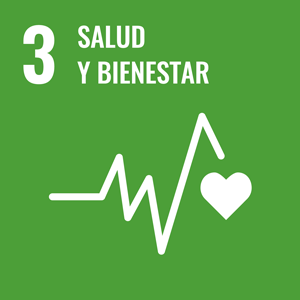
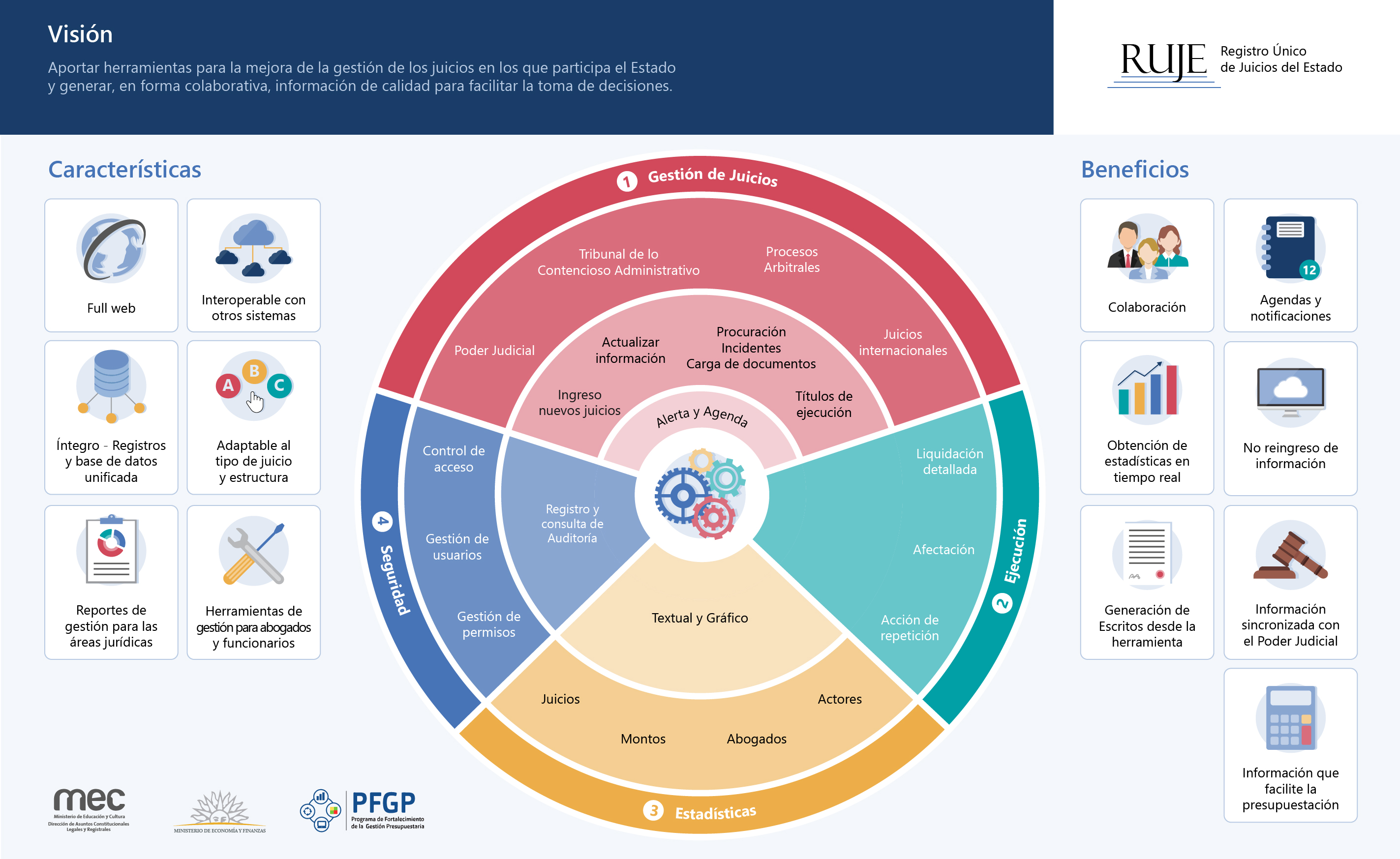 Beneficiary: Ministry of Education and Culture
From 2018 to 2022
Country: Uruguay
Beneficiary: Ministry of Education and Culture
From 2018 to 2022
Country: Uruguay
Single Registry of State Trials
The general objective of the information system is to identify, classify, and quantify all legal cases involving the State, whether as plaintiff, defendant, third party, guarantor, among other roles.
It is a collaborative tool in which various agencies of the Uruguayan State participate, registering legal cases and their associated data (hearings, precautionary measures, rulings, economic data), managing a shared calendar, and an alert system.
The project is led by the Ministry of Education and Culture and financed by the Budget Management Strengthening Program of the Ministry of Economy and Finance.
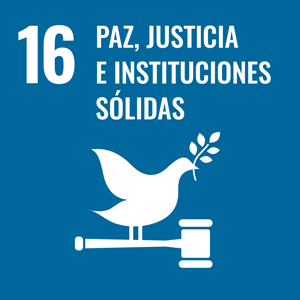












 Digital Signature
Digital Signature